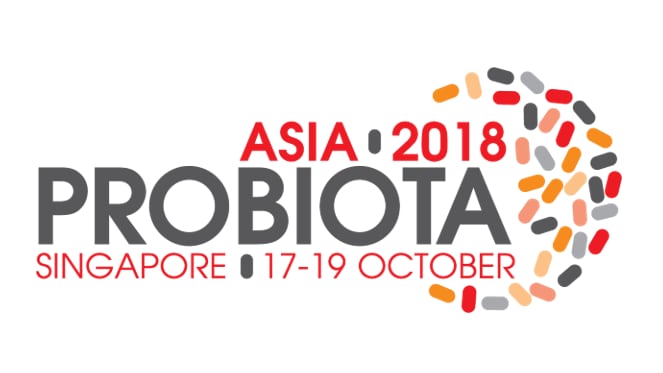Speaking to NutraIngredients-Asia at Vitafoods Asia, sales and marketing manager Douglas Jones said: "When you look at the different markets across the world, consumers in Japan and China have in particular understood the concept of beauty from within. The skin is the body's largest organ, and what you consume affects your outward appearance.
"Those countries have been on the leading edge of that trend, more so than in North America and the EU. The French and Italians are a little bit more conscious than people in other European countries, but it's definitely a growing trend worldwide that's being led by the Chinese and Japanese.”
BioCell, which is about two decades old, began exporting internationally about seven to eight years ago, with its global supplies to the EU and Asia coming from a manufacturing facility in Germany.
Call for collagen
The firm is seeing increasing potential in Asia for its signature product, BioCell Collagen, which Jones said has undergone multiple clinical trials, primarily on the ingredient's bioavailability and its joint and skin health benefits.
"In terms of joint health benefits, the studies we conducted involved patients with osteoarthritis, which is the most common form of arthritis. The last one we did was published in The Journal of Agricultural and Food Chemistry — it was an 80-person study that confirmed the results of all our previous research."
The subjects were suffering from advanced degrees of joint discomfort, and after 35 and 70 days of supplementation with BioCell Collagen, 71% were said to have experienced at least a 30% decrease in joint pains, and over 50% were reported to have experienced at least a 40% decrease in such symptoms (compared to 13% of subjects in the placebo group).
When it came to skin health benefits, Jones said subjects in a clinical trial saw reduction of their fine lines and wrinkles, as well as skin redness and dryness.

The region's leading probiotic and microbiome event — Probiota Asia — will get underway in Singapore this month with a stellar line-up of speakers, including the likes of Blackmores, Danone, Herbalife and Life-Space, set to take to the stage.
The study, published in the journal Clinical Interventions in Aging, involved 26 subjects who had visible signs of chronological and photo ageing in the face. Those who ingested 1g of BioCell Collagen daily for 12 weeks saw a 13% decrease in facial lines and wrinkes, and a 76% decrease in skin dryness and scaling.
The production of type I and type III collagen in the dermis was also reported to have increased by 3.5%, significantly improving overall skin appearance.
Jones said: "What makes BioCell unique from other collagen products in the market is the source of the material we use to make it. We use the cartilage found in chicken sternum — which is the only part of the chicken we use.
"In fact, we have secured IP rights for the extraction method and manufacturing process, which produces an ingredient that is actually a matrix of type II collagen, hyaluronic acid, and chondroitin sulphate."
Indeed, BioCell Collagen consists of hydrolysed collagen type II (60%), chondroitin sulfate (20%), and hyaluronic acid (10%) — a combination the company insists is not a blend, but a naturally occurring matrix that is easily absorbed by the human body.
The ingredient is currently used in capsule and soft-gel formats for dietary supplements, but is also available in a food-grade format suitable for chewable and functional food applications.
BioCell has also used its patented formulation to produce a cosmetic-grade variety of the ingredient specially for topical applications.
Branding, business and buyers
While the firm supplies its ingredients to manufacturers for their finished products, it has made it a point to extend its reach further among consumers: in addition to its B2B website, it has also established a consumer website for BioCell Collagen, where customers can find out which products contain the ingredient and where they can buy them.
At the same time, it has made a halal version of the ingredient available on the Malaysian market. This adds to its bid for the aged care and nutri-cosmetics sector in the wider Asia region, where it already has a presence in Singapore, Hong Kong, Taiwan and China.
Jones said, "The older population (in Asia) has made our products very popular. Within the ageing population, people are looking for alternatives outside pharmaceuticals, because they want to avoid the side effects some of those products have.
"There are many other products being marketed for joint health, but the feedback we've gotten from consumers has shown that our human health products have a high number of repeat buyers across different brands."
BioCell plans to expand its reach not just in terms of the number of export markets, but by keeping the demographics of its loyal clientele diverse.
Jones said, "We depend on our partners overseas to help us reach further into global markets, particularly through e-commerce, where they can enter multiple countries on multiple platforms, including healthcare, drug stores, and pharmacies."

